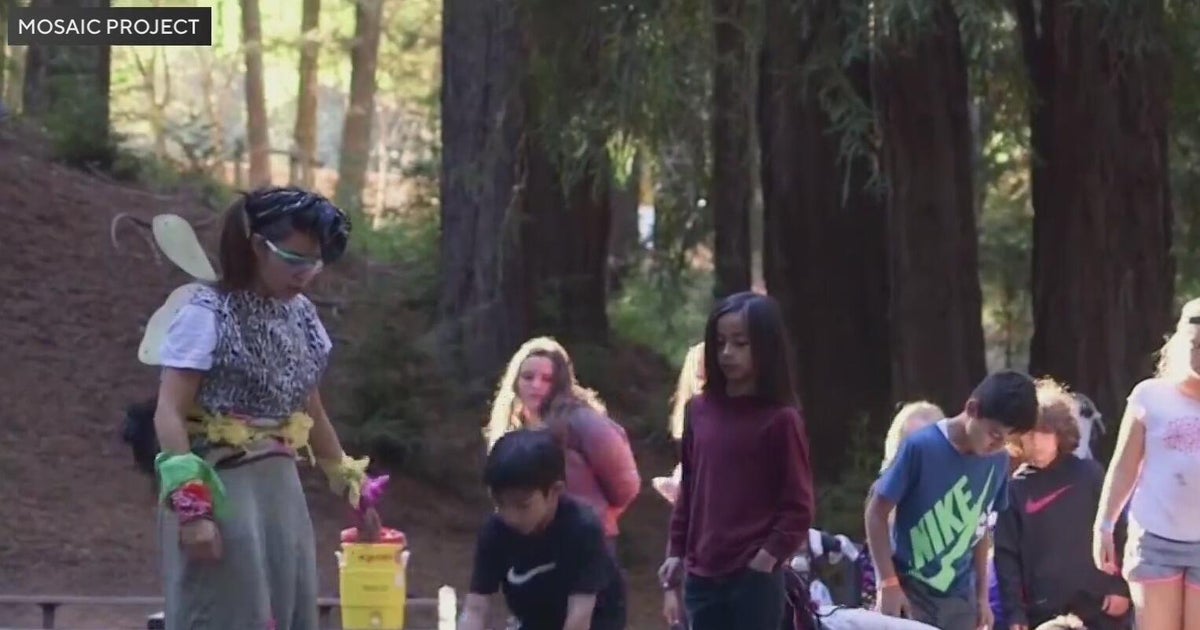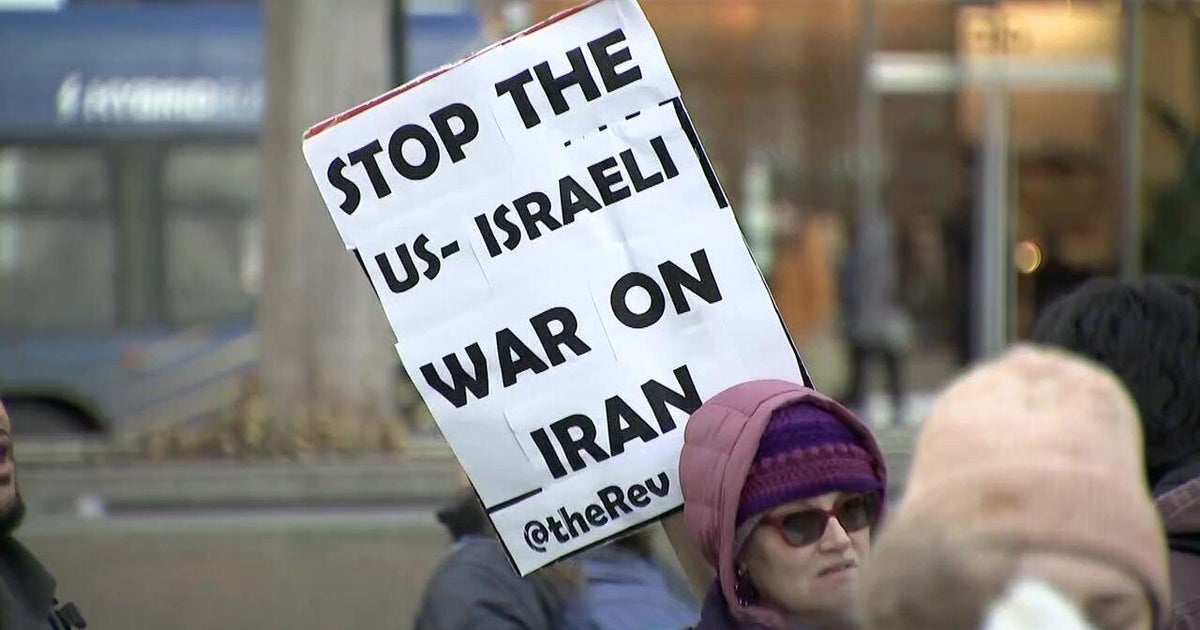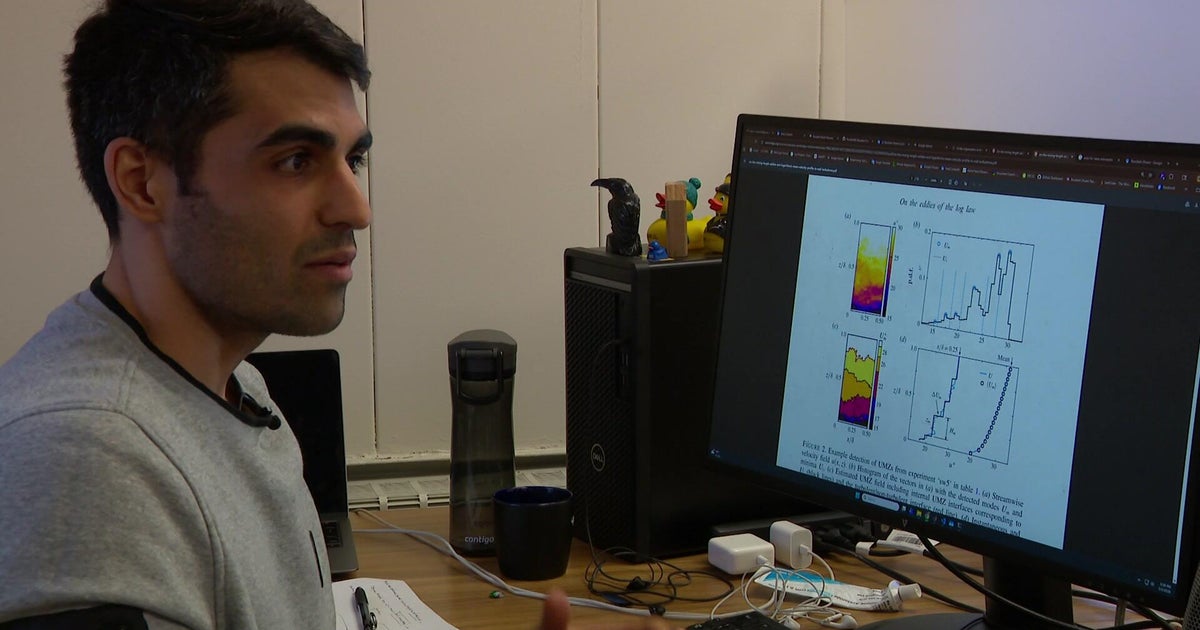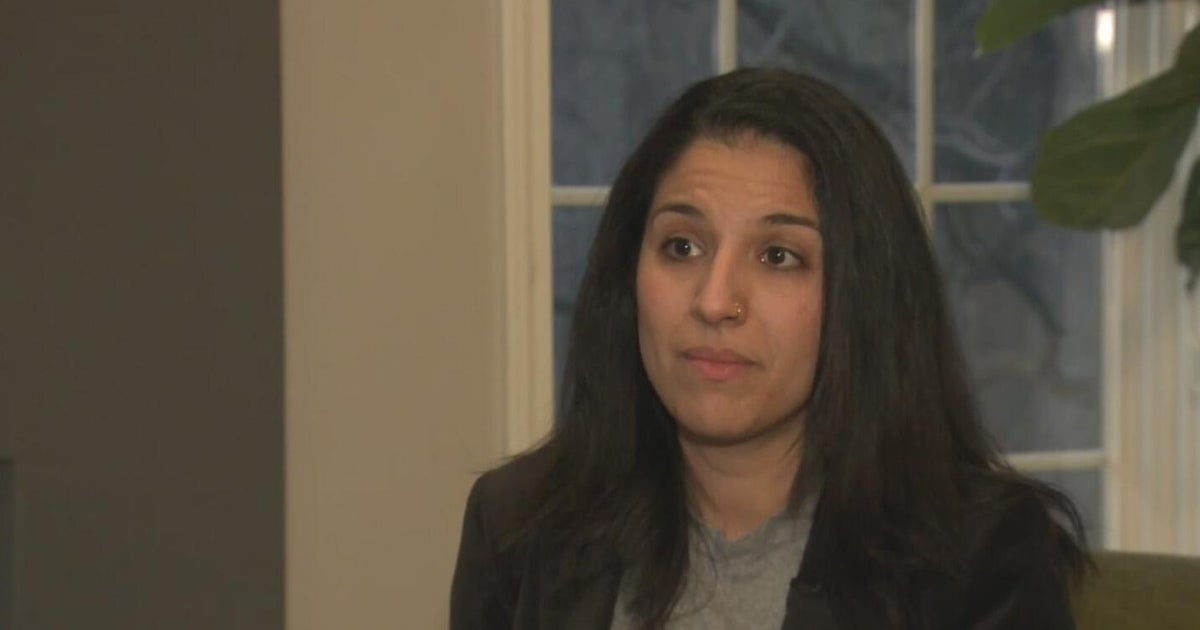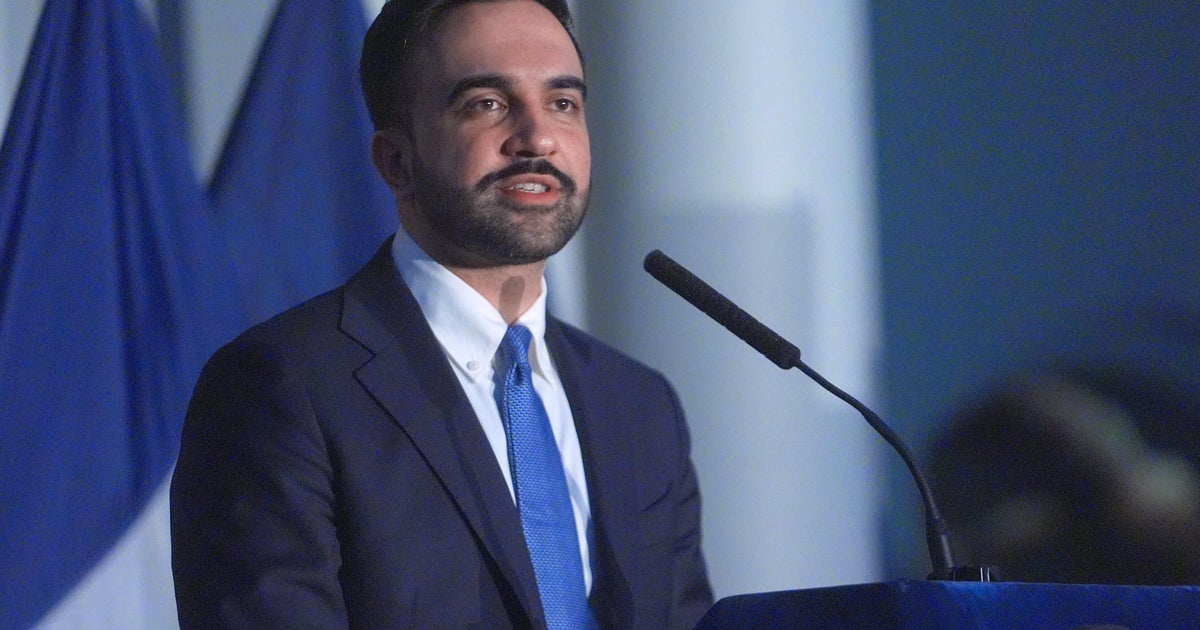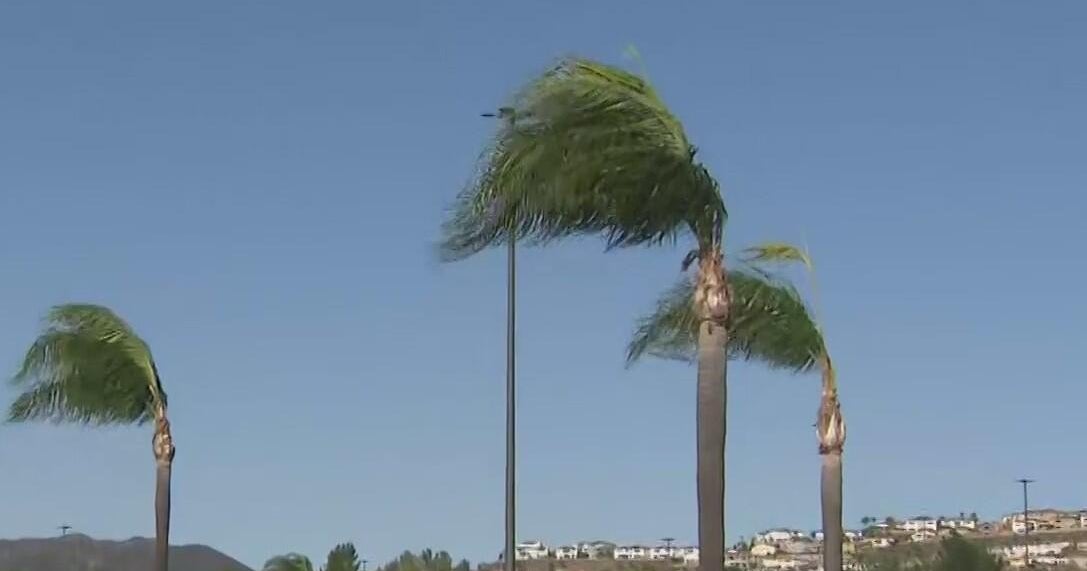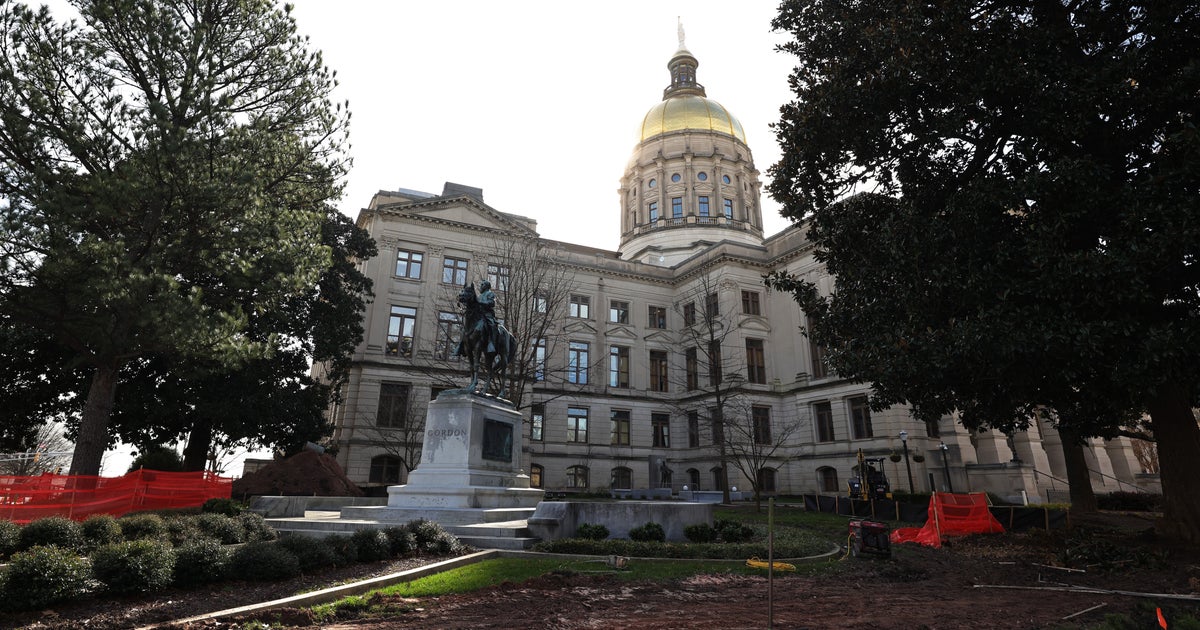The Birth Of The Cuban Revolution
Follow CBSMIAMI.COM: Facebook | Twitter
MIAMI (CBSMiami) - In the 1940s and 50s, Cuba was one of the most advanced countries in Latin America. A strong U.S. ally, it was an American tourist mecca known for its beautiful beaches, casinos for high rollers and the legendary Tropicana night club.
But there was another side of Cuba. There was poverty in the rural areas, and rampant corruption under Dictator Fulgencio Batista, who seized power in a military coup.
At the University of Havana, students protested the Batista regime, and one of the most vocal protesters was a young lawyer named Fidel Castro, who organized a clandestine opposition group.
Castro sought to spark a national uprising against Batista. On July 26, 1953, Castro and a small group of followers attacked the Moncada Army Barracks on the eastern side of the island.
The attack was a failure. The rebels were killed or captured.
Castro was put on trial and sent to prison, but later given amnesty, which proved to be a fatal mistake for Batista.
Once free, Castro moved to Mexico, where he organized an armed struggle, joining forces with Argentine doctor and fellow revolutionary Ernesto Che Guevara.
In 1956, Castro, Guevara and 80 others boarded a boat named Granma and sailed to Cuba from Mexico. Once on the island, they turned to guerrilla warfare in the Sierra Maestra Mountains.
Castro used the press to his advantage. In one famous English language interview he said, "Our political philosophy is representative democracy and social justice in a well-planned economy.
Batista cracked down on dissent, but he was quickly losing support on the island and in the United States, which provided weapons to his regime.
COMPLETE COVERAGE: THE DEATH OF FIDEL CASTRO
Under pressure to negotiate with the rebels, and with forces unable to fight guerrilla warfare, Batista gave in, fleeing the island on New Year's Eve 1958.
Fidel Castro seized power as the New Year dawned in 1959, and he and his brother held on to that power ever since.
Gallery: The Death Of Fidel Castro
Castro stepped down from the presidency provisionally in 2006 due to a severe illness, and left office permanently two years later.
He was succeeded by his younger brother Raul, who announced Fidel's death on state TV on November 25th, 2016.
